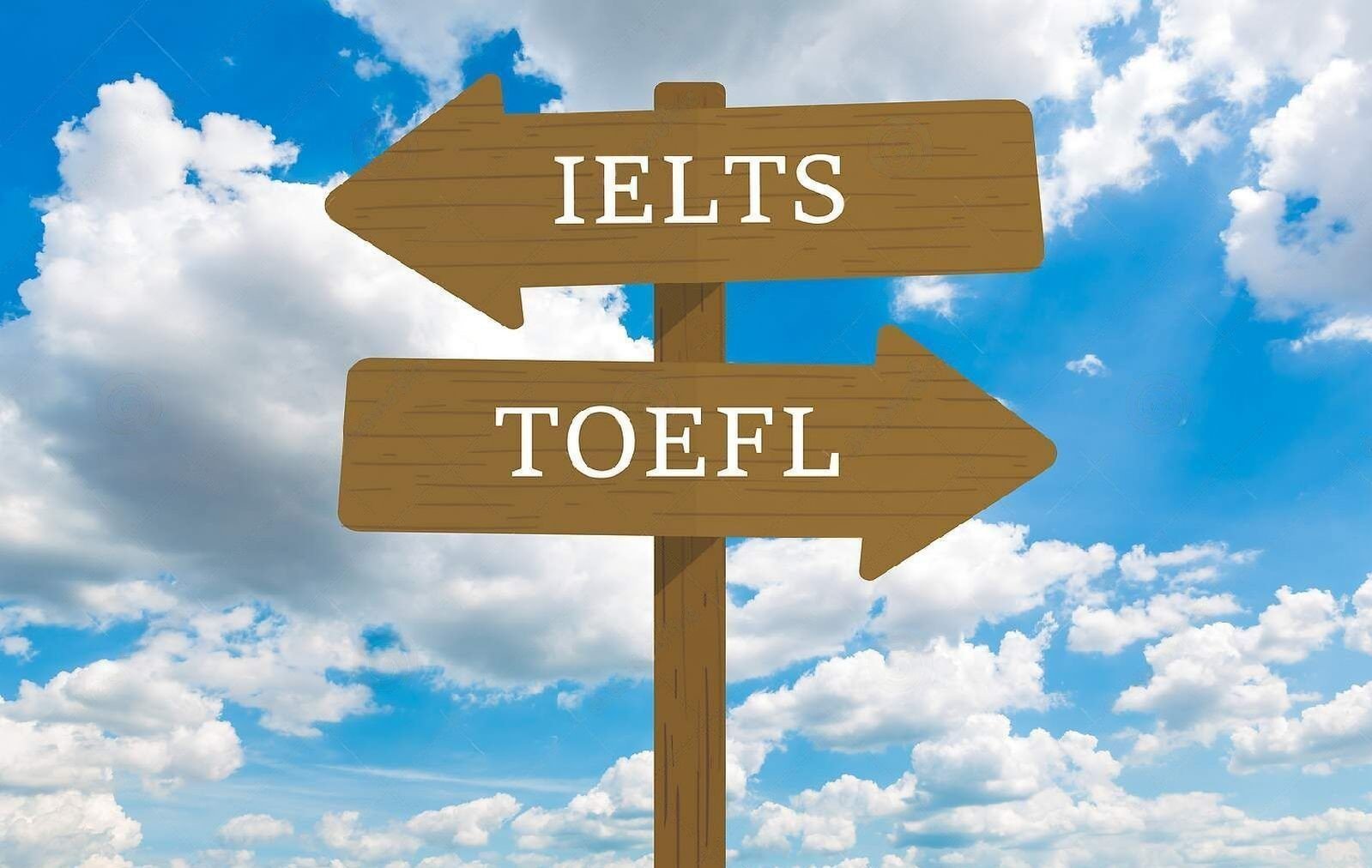Nigerians to pay ₦285,000 for IELTS exams from March 1st


The price of the International English Language Testing System (IELTS) examinations in Nigeria has once again been increased by the British Council to ₦285,000 per sitting, a 173 percent increase in just one month.
According to the Council, the increase will be “subject to review based on the prevailing market dynamics” and is anticipated to go into effect on March 1, 2024.
The Nigerian British Council raised the IELTS exam price by 29% to ₦139,000 in February, which infuriated Nigerian aspirants who were planning trips abroad.
A month later, the Council increased the exam fees by more than 100% once more, citing Nigeria’s economic circumstances as reason.
“The change in fees is due to the evolving market dynamics and increased costs in the delivery of our exams. This will enable us to continue to offer a wide range of services and comprehensive support to enable you achieve your goals,” the Nigerian British Council wrote on its website.
As per the new pricing, IELTS fees for UK Visas and Immigration (UKVI) is now priced at ₦285,500, while IELTS exam for life skills (A1 and B1) will now cost ₦249,000.
Computer-based academic and general training modules now cost ₦266,000, while the paper-based academic and general training modules are now ₦256,500.
One of the necessities and a key requirement from prestigious universities for Nigerians hoping to study abroad is the IELTS exam.
IELTS scores are a prerequisite for entrance to many colleges across the world, and it might be difficult to gain admission to international schools if your score isn’t satisfactory.
IELTS is accepted by the UK, Australia, Canada, and New Zealand for immigrants from Nigeria.
Furthermore, IELTS scores are accepted for registration by professional associations in a variety of professions, including accounting, engineering, law, medicine, and teaching.
In February, when the naira hit its lowest, the Central Bank of Nigeria engaged transparent pricing of the dollar at the Nigerian Autonomous Foreign Exchange Market (NAFEM) and higher interest rates on treasury bills to attract dollar inflows and help stabilise the naira.
The move wasn’t sustainable, as the currency resumed its free-fall last week, closing at a new low of ₦1,665.50 per US dollar at the official market.
The Council’s statement about the fees being “subject to review based on the prevailing market dynamics” indicates that there could be another increment if the naira does not recover, and quickly.
Recovery has begun, however, as the naira on Thursday appreciated against the dollar for the second straight day since the increase in the Monetary Policy Rate (MPR) by the Central Bank of Nigeria, gaining 0.90 percent on the day as the dollar was quoted at ₦1,595.11.







